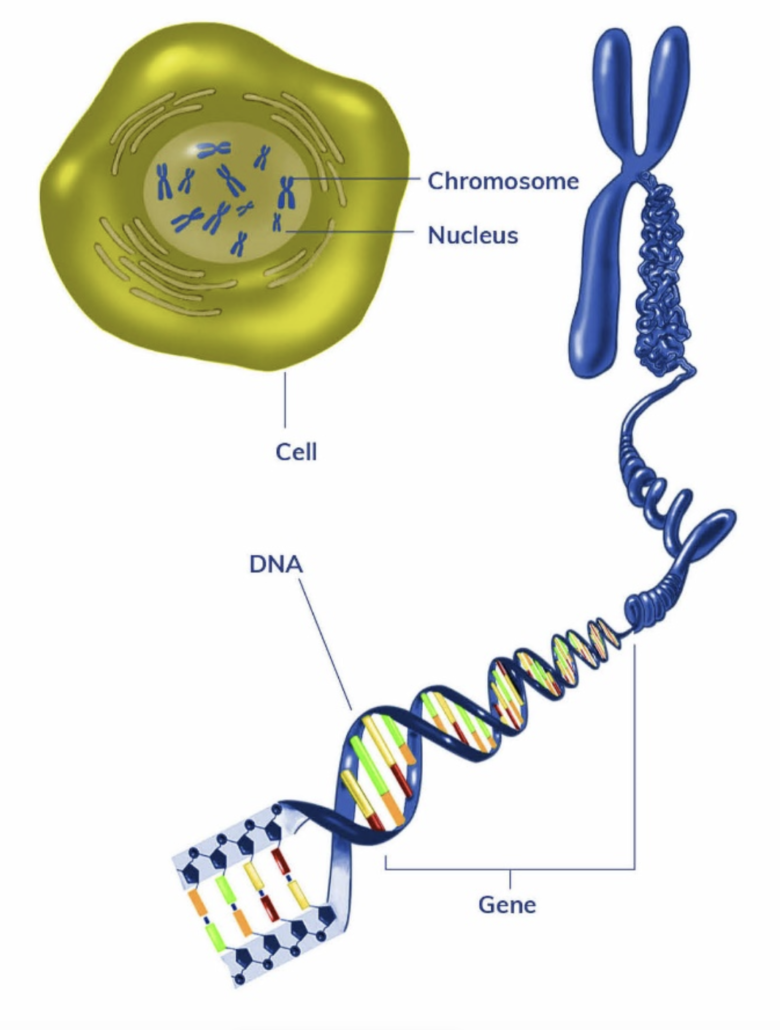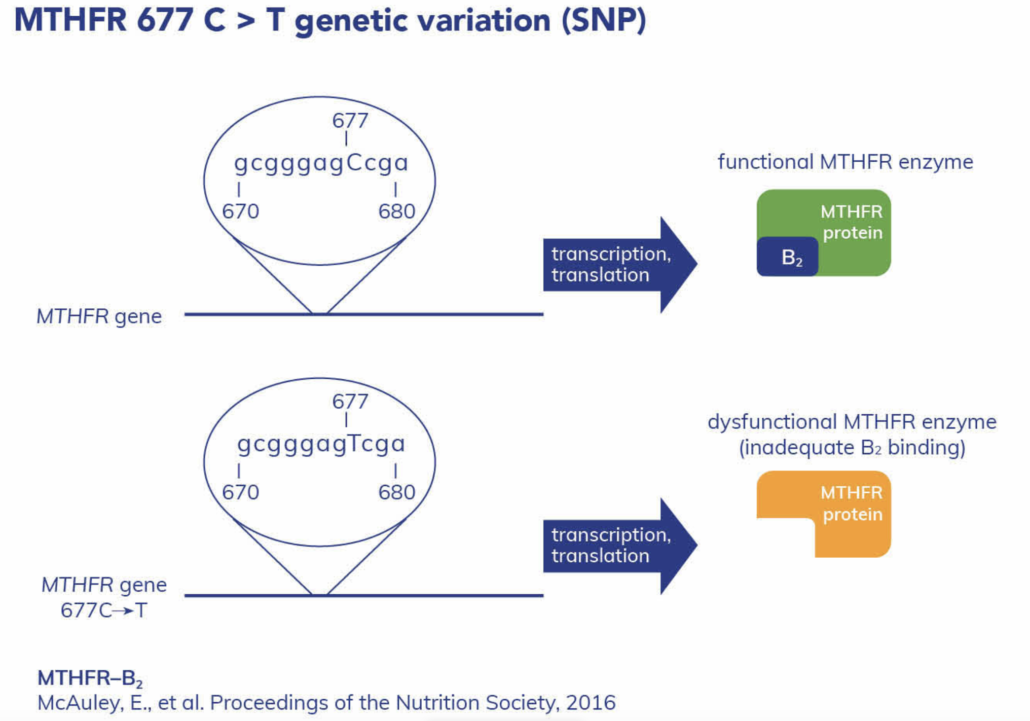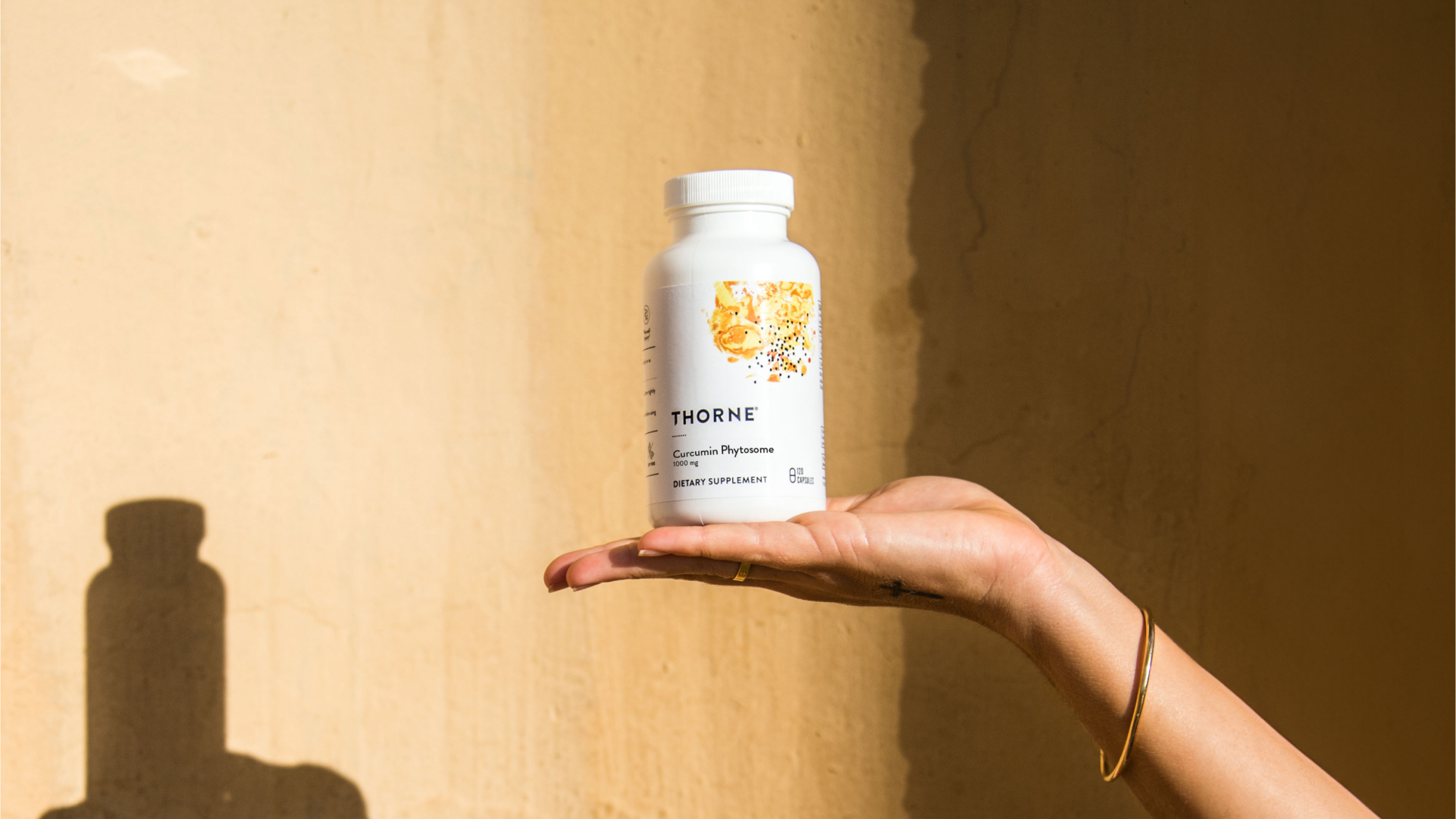People take supplements to improve or optimize their health. So what happens when you look at the label, and the ingredient list is filled with unrecognizable additives?

Hypertension affects more than 30% of the adult population worldwide, more than one billion people around the world. Furthermore, the CDC has reported that only 1 in 4 adults with high blood pressure are thought to have it under control.1
The genes you inherit from your parents along with lifestyle factors are known to effect blood pressure. A gene is a segment of DNA that contains the instructions for building a protein. Proteins, such as enzymes are complex molecules that trigger various biological actions needed to sustain life.
One key gene, called MTHFR (methylenetetrahydrofolate reductase) codes for an enzyme that processes folate and regulates homocysteine levels. Homocysteine is a natural product, and considered an intermediate amino acid because it supports the production of other amino acids. However, high levels can damage the cells that line our blood vessels increasing the risk for blockages causing high blood pressure and cardiovascular complications.
Research indicates that common, inherited MTHFR gene variations increase the risk for high homocysteine levels and high blood pressure.2,3 The most widely studied gene variation is referred to as MTHFR 677. It is called “677” because there is a “C” to “T” DNA base code change at position 677 within the MTHFR gene. Over 40% of the American population are likely to have at least one MTHFR 677 variant, it is less frequent in Asians and Africans.4
MTHFR gene – Position 677 C or T DNA base
Ultimately, the MTHFR 677 variation causes a structural change in the protein and slower enzyme activity. This can lead to low folate and higher homocysteine levels in our blood. Folate (vitamin B9), along with other supporting B vitamins are needed to metabolize homocysteine and keep levels within a healthy range. Low folate, B vitamins or sluggish enzyme activity can directly impact homocysteine, blood pressure and cardiovascular health.
Aside from the MTHFR 677 variation, vitamin B2 (riboflavin) also directly influences how well the MTHFR enzyme can metabolize folate and homocysteine. Vitamin B2 is required to produce FAD (flavin adenine dinucleotide). FAD is a cofactor required for many enzymes to function, including MTHFR. Without FAD the MTHFR enzyme works at a slower rate or may be totally inactive. Furthermore, the MTHFR 677 variation changes the structure of the enzyme, reducing the ability of the FAD cofactor to bind.3 This is one of the reasons why the variation causes the enzyme to not work so well.
Research indicates that vitamin B2 may be key to reducing high blood pressure in people with the MTHFR 677 TT variation. Studies have shown a reduction in systolic blood pressure by 6 – 13 mmHg and up to 9 mmHg in diastolic blood pressure, with increased vitamin B2 in those with the TT variation.3,5,6 It has been suggested that people with the MTHFR 677 TT variant may be able to increase and restore enzyme activity with vitamin B2 (riboflavin) supplementation. Higher vitamin B2 levels are associated with increased MTHFR enzyme activity, lower homocysteine and improved blood pressure.2,6,7


Ask The Expert
How do I know if I have the MTHFR 677 variant?
Dr Furness: We inherit two copies of our genes, one set from Mom and one set from Dad. If someone inherits a variation from one parent this is a single variation (known as heterozygote), this is shown as MTHFR 677 CT. If someone inherits a double variation, therefore from both Mom and Dad (known as homozygote) the result is shown as MTHFR 677 TT. If you have done genetic testing, you can check if you have inherited the MTHFR 677 CC, CT or TT result.
- The wildtype (non-variant) MTHFR 677 is shown as “CC”. This is associated with 100% enzyme activity and does not increase risk for higher homocysteine or high blood pressure.
- A single MTHFR 677 variation is shown as “CT”. This results in 30-35% reduction in enzyme activity and can slightly increase risk for higher homocysteine levels and blood pressure.
- A double MTHFR 677 variation is shown as “TT”. This results in 60-70% reduction in enzyme activity and increases the risk for higher homocysteine and high blood pressure.

Meet Our Expert
Dr Denise Furness, PhD, BSc (Hons), RNutr + I Geneticist & Nutritionist
CSO and Founder, Your Genes & Nutrition I Sunshine Coast, Australia
Dr Denise Furness, PhD is a molecular geneticist and registered nutritionist. She is a pioneer in the field of nutrigenomics and epigenetics with 20 years’ experience in the area. She began her career as a research scientist focusing on folate nutrigenomics, methylation, and DNA damage. She has published her work in peer reviewed journals and has won numerous awards for her research and conference presentations. In 2012 she founded Your Genes and Nutrition and began applying her knowledge in private practice.
+Dr Denise Furness is a Medical Consultant and a retained advisor for Pure Encapsulations.
- https://www.cdc.gov/bloodpressure/facts.htm
- Ward, et al. Impact of the common MTHFR 677C→T polymorphism on blood pressure in adulthood and role of riboflavin in modifying the genetic risk of hypertension: evidence from the JINGO project, BMC Medicine. 2020
- McNulty, et al. Riboflavin, MTHFR genotype and blood pressure: A personalized approach to prevention and treatment of hypertension, Mol Asp Med. 2017
- https://asia.ensembl.org/Homo_sapiens/Variation/Population?db=core;r=1:11795821-11796821;v=rs1801133;vdb=variation;vf=1280266
- Horigan et al. Riboflavin lowers blood pressure in cardiovascular disease patients homozygous for the 677C→T polymorphism in MTHFR. J Hypertens. 2010
- Wilson et al. Riboflavin offers a targeted strategy for managing hypertension in patients with the MTHFR 677TT genotype: a 4-y follow-up. Am J Clin Nutr. 2012
- McNulty et al. Riboflavin lowers homocysteine in individuals homozygous for the MTHFR 677C->T polymorphism. Circulation. 2006
- Wilson CP et al. Blood pressure in treated hypertensive individuals with the MTHFR 677TT genotype is responsive to intervention with riboflavin: findings of a targeted randomized trial. Hypertension. 2013
Share:
Related Posts

Thorne Celebrates 40 Years of Good Health
Maggie Chandler April 12, 2024 As it’s often said at Thorne, healthy ageing is a gift. It’s about embracing the way you feel, your experiences,

Healthy Coffee Alternatives: When to Quit Coffee & What to Drink Instead
Dr Thomas Wnorowski February 16, 2024 Key Points: Does the idea of quitting coffee make you feel all sorts of (terrible) things? It’s common. But

How Your Social Network Impacts Your Mental Health
Austin Ruff April 17, 2024 Humans are inherently social creatures. It’s in our nature to connect and want to be connected to the people around

Microbiota-Gut-Brain Axis: Behaviour and Dementia Implications
People take supplements to improve or optimize their health. So what happens when you look at the label, and the ingredient list is filled with

Gut Bacteria and GABA
People take supplements to improve or optimize their health. So what happens when you look at the label, and the ingredient list is filled with


